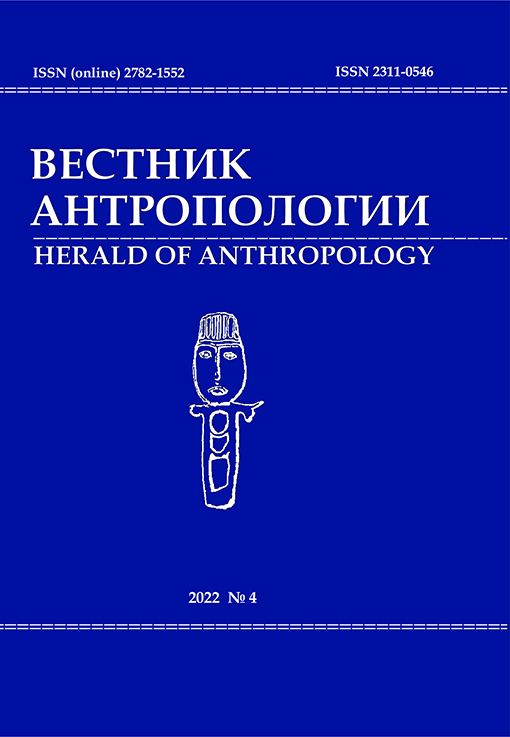Размышления о прошлом, настоящем, будущем корейцев в Центральной Азии и корейской нации в целом. Рецензия на монографию: В. С. Хан. Историография корейцев Центральной Азии: Основные направления и этапы развития. Ташкент: Baktia Press, 2021. 624 с.
DOI: 10.33876/2311-0546/2022-4/372-381
Ключевые слова:
историография, диаспора, корееведение, Центральная АзияАннотация
Статья посвящена анализу, оценке, рецензированию вышедшей в свет в 2021 г. монографии Валерия Сергеевича Хана «Историография корейцев Центральной Азии: Основные направления и этапы развития» с целью обоснованного и адекватного представления её читателю. Книга этого безусловно заслуживает, поскольку обладает рядом несомненных важных достоинств. Среди них прежде всего необходимо выделить следующие: во-первых, фундаментальность (объем труда – 39 п. л., 624 стр., в библиографическом списке более 630 наименований использованной литературы и источников.); во-вторых, актуальность и востребованность. Работ историографического характера, обобщающих, классифицирующих существующую уже весьма богатую базу данных (более тысяч публикаций, посвящённых корейцам царской России, СССР и СНГ, сотни публикаций – по корейцам советской и постсоветской Центральной Азии), до сих пор практически не было; в-третьих, серьёзная требовательность, высокая планка критичности в оценке многочисленных произведений, написанных на корееведческие темы, и самокритики по отношению автора к самому себе. Стремление на строго научных принципах и в ходе широкой дискуссии с ведущими учёными-коллегами-корееведами из различных стран, работающих в изучаемой сфере, дать научно обоснованное определение появлению новых глобальных явлений, в их числе, формированию новой субэтнической общности и нового глобального этапа в эволюции корейского народа на уровне «мета-нации», объяснения субэтнического образования – «корё сарам»; в-четвертых, бескомпромиссное стремление добиться торжества строго научного подхода, основанного на стандартах, принципах и критериях академической науки в корееведении как своей страны, так и других постсоветских государств в условиях широко распространённых в настоящее псевдонаучных, любительских упражнений на поле «якобы корееведческой» литературы.






















